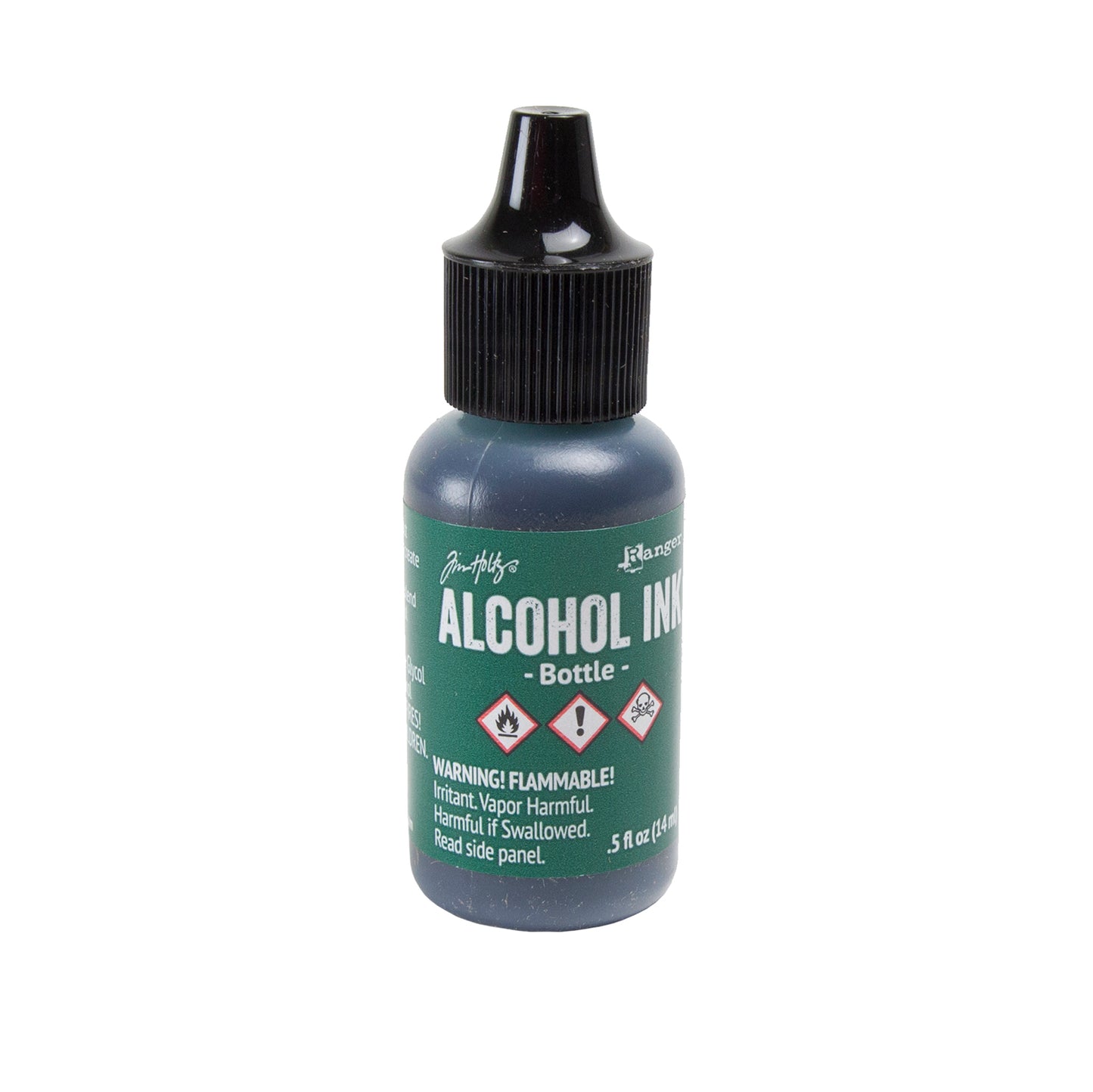Shop Products
-
Newest Products
-
Best Sellers
-
Cool Tools Brand Products
-
Aureus™ Bright Bronze Clay
-
Clay Hydrator
-
ClayMate
-
Clay Rolling Frames
-
Clay Rollers
-
Clay Tack
-
CoolSlip
-
Cyprus™ Copper Clay
-
Dry Release
-
Drying Forms
-
EZ925™ Sterling Silver Clay
-
EZ960® Sterling Silver Clay
-
Finishing Touches Molds
-
Flexi-Carve
-
FS999™ Fine Silver Clay
-
Jewel Stamps
-
Mega Mold
-
Metal Clay
-
No-Flake Firing Foil
-
Painting Powder for Silver & Enamel
-
Patina Gel
-
Phoenix Torch Fireable Clay™
-
Quality Stamps for Wet Clay
-
Ready Molds
-
Rejuvenate
-
Ring Sizers
-
Setting Molds
-
Silicone Ring Mandrels
-
Silver Prep
-
Slik
-
Stone Setting Punches
-
Templates
-
Textures
-
Ultra Clay Pick
-
Tuff Cards
-
Work Surfaces
-
-
Metal Clay
-
Polymer Clay
-
Kits & Bundles
-
Tools & Equipment
-
Accessories
-
Adhesives
-
Brushes
-
Cool Tools Brand Products
-
Drills & Burs
-
Hammers
-
Filing & Sanding
-
Magnifying & Optical
-
Measuring & Testing
-
Metal Clay Tools
-
Metal & Bench Working Tools
-
Metal Stamping
-
Polymer Clay Equipment
-
Pliers, Cutters & Saws
-
Polishing & Burnishing
-
Safety
-
Silhouette Portrait® & Curio™
-
The Small Pottery Wheel
-
Soldering
-
Stone Setting
-
Tweezers & Holding
-
Shop by Brand
-
-
Kilns & Firing
-
Enameling
-
Metals
-
Powder Coating
-
Gemstones
-
Chain & Wire
-
Findings
-
Finishes & Embellishments
-
Accent Gold & Accent Silver
-
Cernit® Varnish
-
Concrete & Pigments
-
Drawing
-
Enamel Markers
-
Faux Bone™
-
Fine Silver & Gold Painting Powder
-
Foil Sheet & Gold Plating
-
Gelli Arts®
-
Gilders Paste
-
Green Stuff World Dipping Inks
-
Lacquers & Polishes
-
Lumiere Lusters
-
Metal Etching
-
Mod Podge®
-
Mica Powder
-
Patina
-
Pebeo Porcelaine Paints
-
Perfect Pearls™
-
Pigment Powder
-
Powder Coatings
-
Rub 'n Buff
-
Shiva® Paintstiks
-
Silk Screens
-
Slide Transfers
-
Sprinkles & Flakes
-
Tim Holtz
-
Vintaj®
-
-
Resin
-
Templates & Stencils
-
Textures
-
Pam East Products
-
CRAFTCAST Kits
-
Clearance
-
Gift Cards
Tim Holtz® Adirondack® Alcohol Ink - Bottle
Tim Holtz® Adirondack® Alcohol Ink - Bottle
SKU:ALH-104
1/2 oz
Made in USA
Couldn't load pickup availability
Tim Holtz® Adirondack® Alcohol Inks - Bottle
Acid-free, fast drying transparent coordinating dye inks specially formulated to create a colorful, polished stone effect. Alcohol inks are an intensely concentrated dye dissolved in alcohol. They are permanent and once dried, are not water soluble. These alcohol inks work great on metal and are the perfect material for coloring translucent polymer clay.
Alcohol Blending Solution is available for lightening colors and cleaning inks from non-porous surfaces.
Note: Adirondack Alcohol Inks were not designed for use with ICE Resin and has only had limited colorizing success. We recommend creating a small test piece and wait the recommended curing time.
Made in the USA
Basic Instructions for Metal & Polymer Clay
Metal
- Start with clean metal, to remove all traces of skin oils and anything else that may resist or affect the ink. Wash both sides of your metal thoroughly with liquid dish soap.
- After washing off all of the dish soap, sprinkle a small amount of baking soda onto both sides of your metal and scrub it well with a toothbrush, scrubbing in the same direction as the grain. If no grain, use a light circular motion. Dry thoroughly with a paper towel.
- Do not let your skin touch the metal as this may add oil back to the piece.
- Add one drop at a time. Liquid will spread quickly. Blend with Q-tip if necessary.
- Let dry completely before handling.
- Seal with a water based sealer.
Polymer Clay
- Make a thin sheet of translucent polymer clay.
- Squeeze drops of alcohol ink onto the translucent polymer clay. The alcohol ink will dry faster if spread over a larger area. Add a drop or two at a time.
- Spread the alcohol ink over the surface of the sheet of clay with a palette knife.
- Clean knife with rubbing alcohol immediately after use.
- Let the ink dry completely before incorporating to mix the color.
- Knead the clay ensuring the color is mixed all the way through. A Pasta machine can also be used.
- If a more intense color is needed, roll out the clay and add more ink and follow the steps as noted above.
Share




